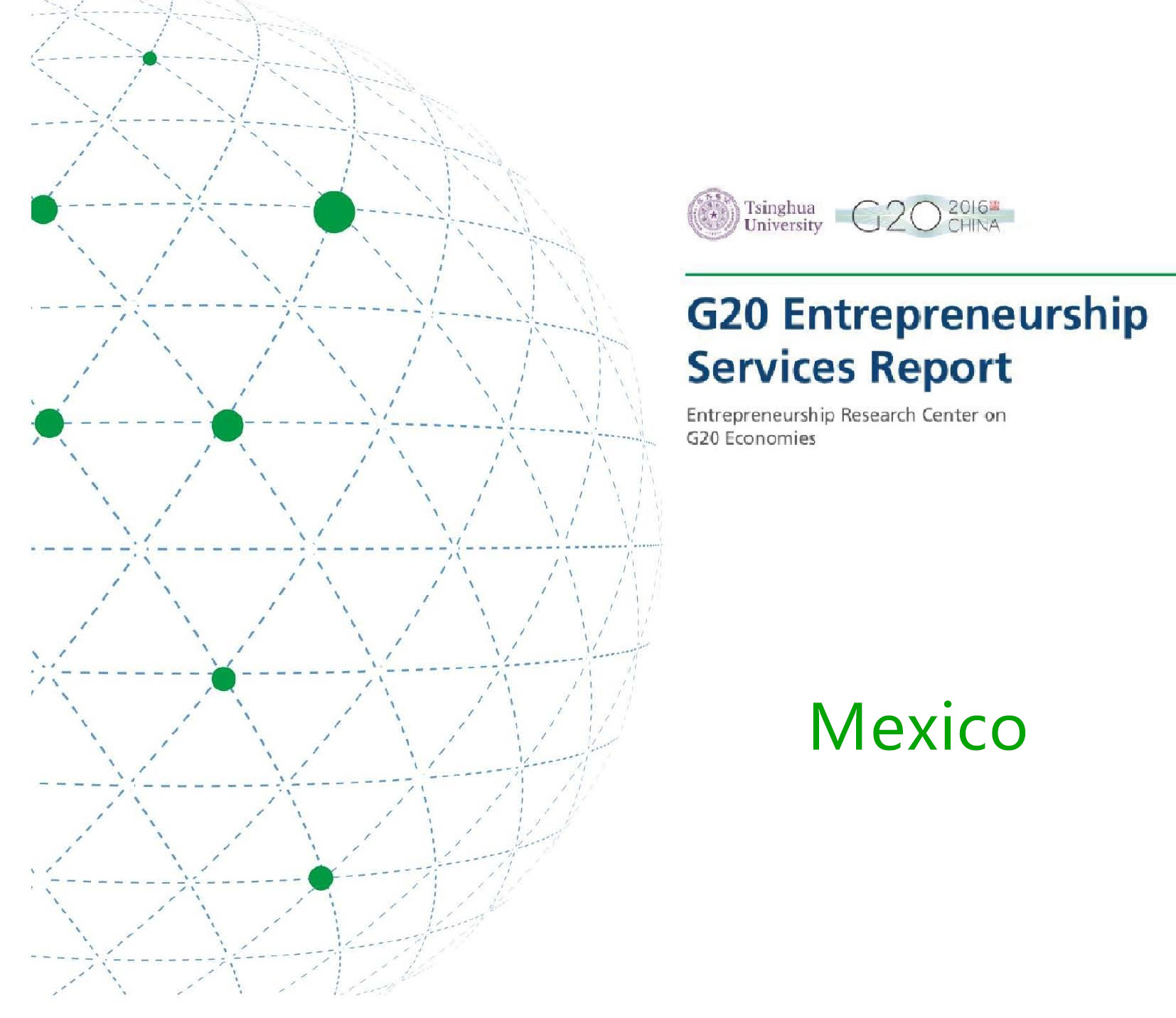
Summary
Mexican legislation on entrepreneurship and micro, small and medium enterprises (MSMEs), such as the Federal Law on Competitiveness Development of Micro, Small and Medium Enterprises (2002) and the Implementation Rules for Competitiveness Development of Micro, Small and Medium Enterprises (2006), provides legal support for the creation, development and innovation of MSMEs. The Mexican government’s national development strategy, such as the National Development Plan 2013-2018 and the Special Plan for Scientific and Technological Innovation 2014-2018, also proposes arrangements for promoting innovation and entrepreneurship and supporting the development of MSMEs. The Mexican government has created a more efficient market environment for innovation and entrepreneurship by promoting the SARE system to improve the efficiency of enterprise registration, providing one-stop service for enterprise registration, and abolishing the minimum capital requirements for the establishment of companies. Under the Federal Law on Competitiveness Development of Micro, Small and Medium Enterprises, the Mexican Ministry of Economic Affairs serves MSMEs, while its National Entrepreneurship Institute (INADEM) plays an important role.
The Mexican government has helped start-ups and SMEs solve their financing problems through tax reform, guarantee system development and special financing programs and projects, but these measures were mostly formulated before 2016. In Mexico fiscal and taxation reform, the Regime of Fiscal Incorporation (El Régimen de Incorporación Fiscal, RIF) is conducive to promoting the regularized operation of small businesses.
The National Economic Prosecutor (FiscalíaNacionalEconómica, FNE) is the main financial tool of the Mexican government to support Mexican entrepreneurs and MSMEs. Through the guarantee system, it promotes loans from the commercial banking system to support entrepreneurs and small enterprises. In 2016, the total amount of the FNE was 7.2 billion pesos (equivalent to 365 million US dollars). By May 2016, the Financing Program for Entrepreneurs had supported 626 projects with 178 million pesos (equivalent to 9 million US dollars).
The High Impact Entrepreneurship Program (HIEP) provides financial subsidies for start-ups with innovative products, business models that with high growth potential and high impact, and enterprises in the expansion period. In 2016, the program provided subsidies for 150-200 enterprises and in 2017 it is expected to subsidize 200-250 enterprises.
The Mexican government has also implemented some programs to finance start-ups and MSMEs, such as the Youth Credit Program, the SME Productive Projects, the National Programs of Franchises, and the National Microenterprise Financing Program, and provided loans at preferential interest rates for specific groups, regions and purposes. The Mexican government encourages the creation of venture capital funds, expands financing channels and promotes the development of innovation and entrepreneurship by implementing the Program to Foster the Venture Capital Industry.
In terms of serving entrepreneurs, the Mexican government pays attention to the function of government procurement policy to help innovative enterprises and SMEs expand the market. The Law on Public Sector Procurement, Leasing and Services and the new government procurement network system support more MSMEs to participate in government procurement. The chapter of “government procurement” in the TPP also has favorable provisions for Mexican MSMEs, including allowing Mexican MSMEs to participate in government procurement projects in other contracting countries.
The Mexican government set up the Entrepreneurship Network (La Red de Apoyo al Emprendedor, RAE) to optimize the registration process and improve the entrepreneurial environment of start-ups. Incubators such as Endeavor, StartupMexico, 500StartupMexico provide incubation services for entrepreneurs and start-ups.
The Mexican government attaches great importance to international exchanges on innovation and entrepreneurship. For example, Mexico and France established the “Entrepreneurship and Innovation Commission Mechanism” in 2015. Mexico hosted the Startup Nations Summit 2015 as the first country in Latin America and the Caribbean.
The Mexican government has set up entrepreneurship training programs and courses and attaches great importance to promoting entrepreneurship and innovation culture in universities. The “Entrepreneur University” run by the INADEM provides entrepreneurs with a platform for online learning of entrepreneurial knowledge, as well as training programs and courses specifically for young entrepreneurs. National contests such as “National Entrepreneur Week” are conducive to fostering a culture of entrepreneurship.
The I-Corps and NoBI-U projects in cooperation with the United States focus on helping entrepreneurs understand the real market demand and commercialize technology. In Mexico, there are also special institutions to support women’s entrepreneurship. For example, the Crea Communities of Social Entrepreneurs, AC (Crea) is dedicated to helping female entrepreneurs or businesswomen improve their business ability.
In 2015, the INADEM signed a cooperation agreement with the National Association of Universities and Higher Education Institutions (AsociaciónNacional de Universidades e Instituciones de Educación Superior, ANUIES) to strengthen coordination and promote a culture of entrepreneurship and innovation in higher learning institutions. Represented by the Monterey Institute of Technology (InstitutoTecnológico y de EstudiosSuperiores de Monterrey), Mexican higher learning institutions have incorporated entrepreneurship education into the curriculum system and set up the Network of Centers for Entrepreneurial Families in connection with family business issues. The university has also set up incubators and accelerators to help entrepreneurs start and develop businesses.